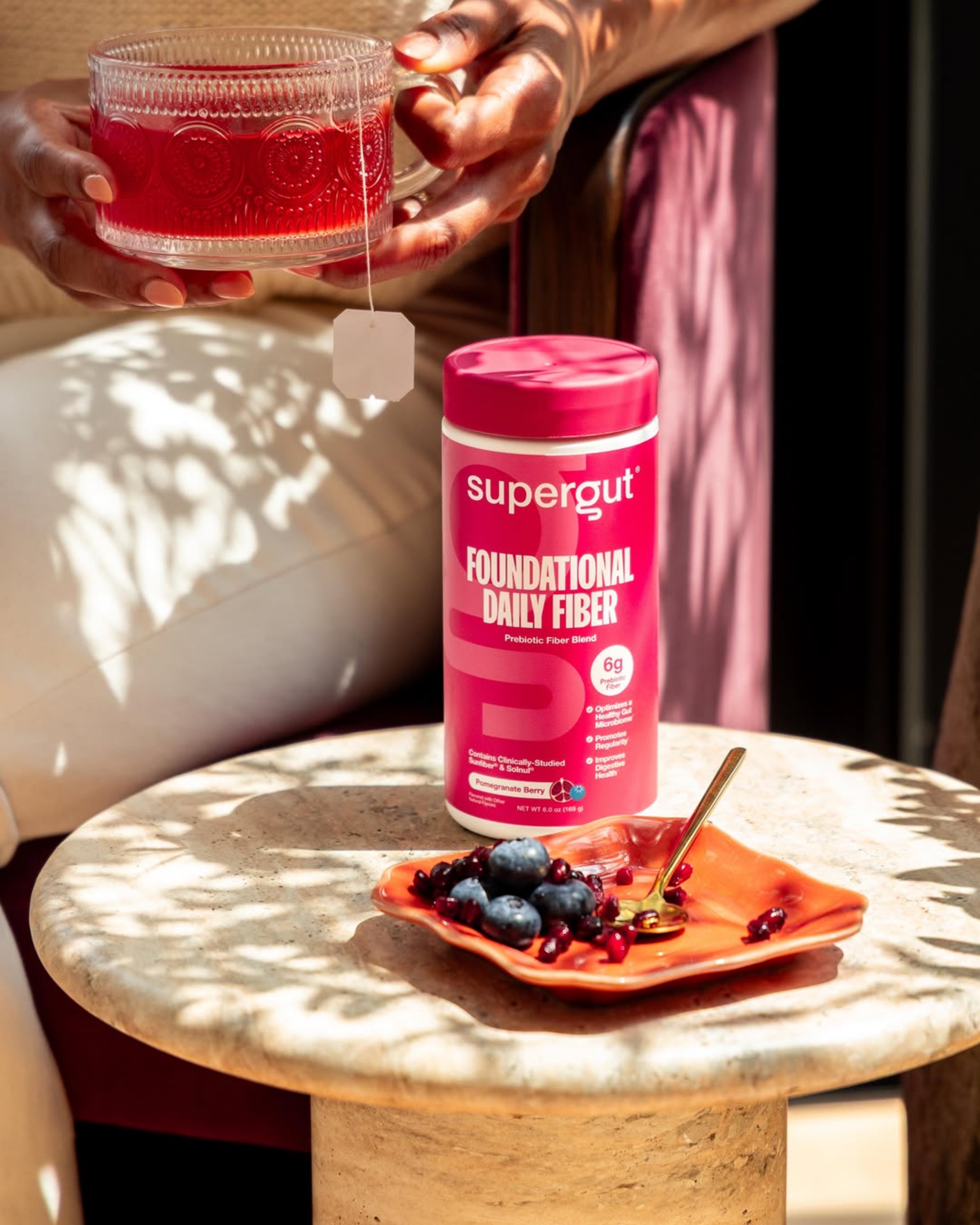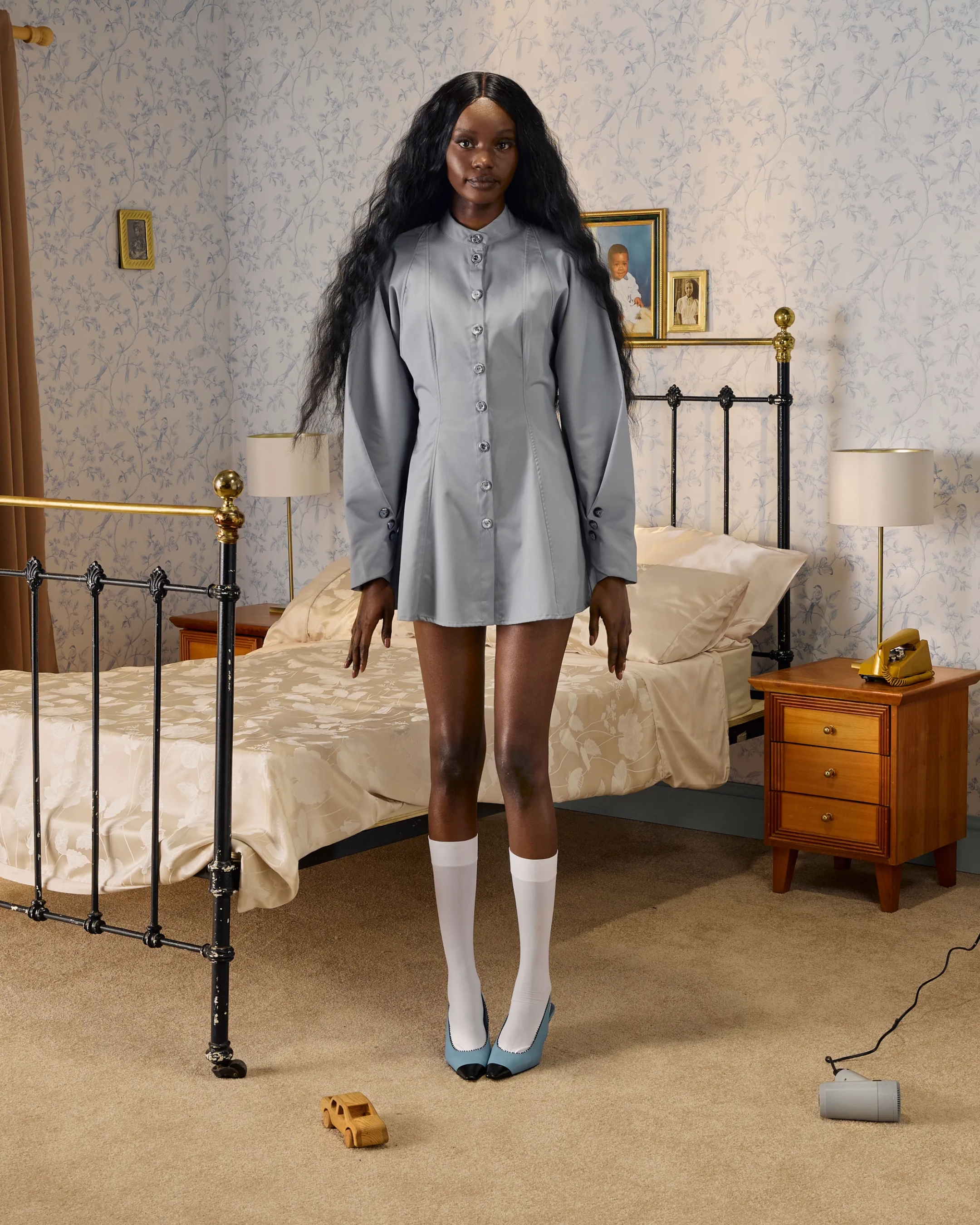Luxury’s new frontier isn’t found in Paris ateliers or Milan showrooms. It’s unfolding across Lagos, Kingston, London, and New York—fueled by African and Caribbean diasporas whose cultural impact and buying power are impossible to ignore. What was once seen as niche has become a global force reshaping everything from fashion and beauty to how luxury itself is defined.
Power, presence, and the digital edge
Across the Atlantic, African and Caribbean consumers are proving that influence is currency. In the U.S., Black American buying power is projected to hit $2.1 trillion by 2026. This isn’t just about spending; it’s about shaping taste. Black audiences spend more time on mobile apps than the national average, and nearly half say YouTube directly drives their purchases. Podcasts, too, are an emerging marketplace: 73 percent of Black listeners recall advertised brands, and more than half act on those recommendations.
In Europe and North America, multicultural communities are driving all population growth and will soon form the majority. McKinsey predicts their spending will grow 25 percent over the next decade. Luxury streetwear, a category born from Black culture, now sits at $185 billion and keeps heritage houses relevant through collaborations like Louis Vuitton x Virgil Abloh and Gucci x Dapper Dan. Meanwhile, Hispanic consumers hold an estimated $2.8 trillion in buying power, reinforcing how diverse audiences are rewriting the global luxury equation.
Africa’s luxury market may still be smaller than Asia’s or Europe’s, but it’s growing fast. South Africa’s segment alone is worth $133 million, with Nigeria, Morocco, and Egypt close behind. The secret ingredient? E-commerce. Platforms like The Folklore and Jendaya are redefining how African designers reach the world. The Folklore, which raised $1.7 million in funding, connects global retailers with African brands and helped Farfetch record a 66 percent surge in sales for its “Black Designer Edit.”
Diaspora creatives are also driving momentum from abroad. Cities like London, Paris, and Toronto have become creative laboratories where African designers merge heritage with modernity. On social platforms, this fusion is amplified—Instagram and TikTok now function as global runways, connecting designers directly to consumers and luxury collaborators.
Furthermore, the Caribbean’s luxury footprint might seem small, but its influence is global. While millions of tourists spend billions in the region, it’s the diaspora—more than 10 million strong—that holds untapped potential. They’re loyal, affluent, and deeply connected to heritage, making them natural ambassadors for Caribbean luxury.

The resortwear market, valued at $21.3 billion, is where this influence shines. Diaspora-led brands like Lurelly, Diotima, Marrisa Wilson, and Theophilio are blending Caribbean craft and culture with sustainable luxury. These labels move beyond “island aesthetics,” crafting collections that feel both local and global. Cities like New York, London, and Toronto—home to dense Caribbean populations—have become vital bridges linking regional designers with the international market.
What’s emerging now feels less like a trend and more like a quiet confidence. The diaspora doesn’t just influence luxury; it inhabits it differently. Celebration, beauty, and style become extensions of self rather than displays of status. Heritage isn’t referenced—it’s lived. And within that authenticity, a new kind of luxury is taking shape: intimate, instinctive, and unmistakably global.
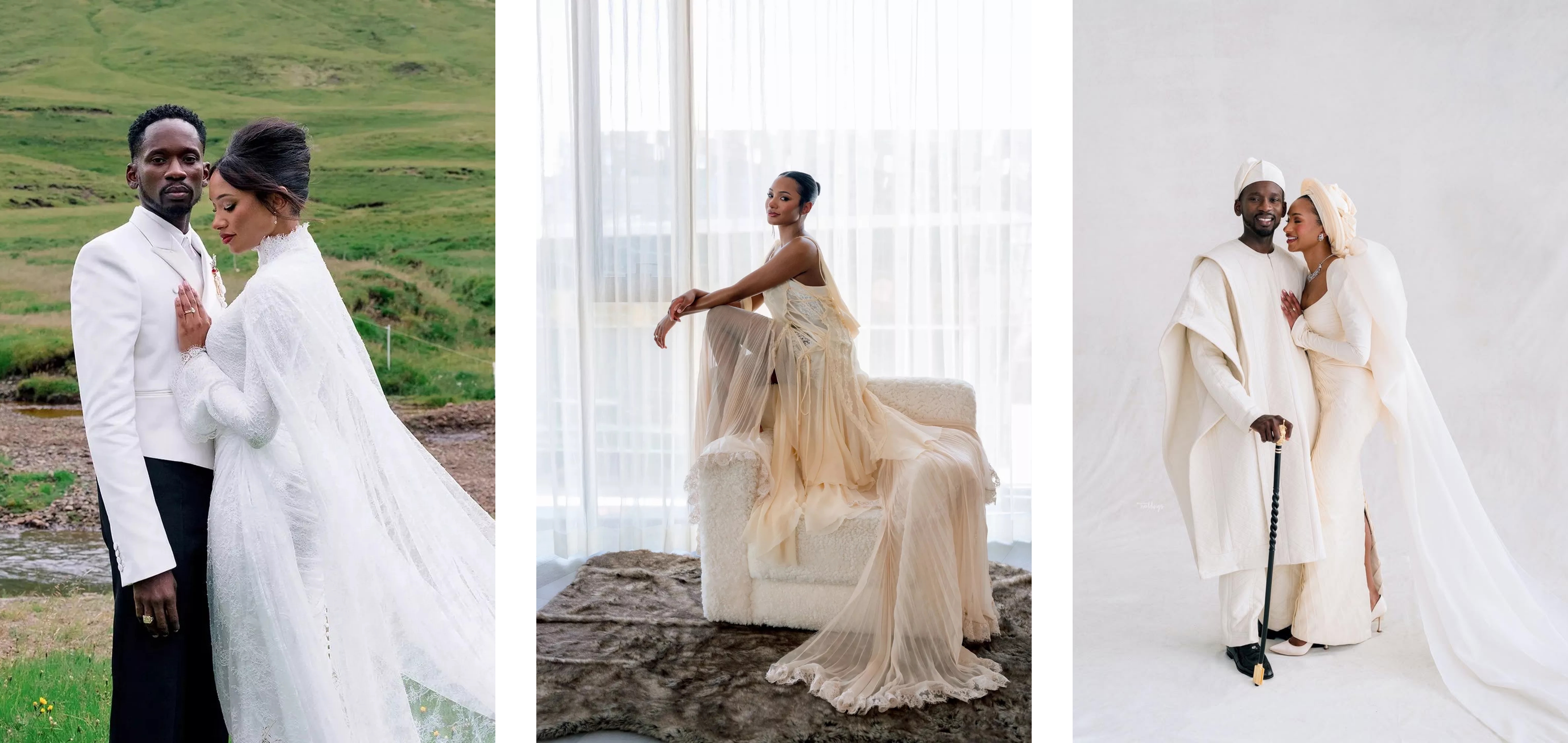
Few cultural moments captured diaspora luxury quite like Temi Otedola and Mr Eazi’s 2025 wedding. A true global production, it spanned Monaco and Dubai, merging Yoruba tradition with haute couture. Otedola wore custom pieces from Wiederhoeft, Miss Sohee, Lisa Folawiyo, Zac Posen, and Oscar de la Renta—each look blending African symbolism with Western craftsmanship. Ankara prints adorned the décor, and traditional aso-oke ensembles by Nigerian designers Jagne and Miss Sohee took centre stage. The wedding dominated social media, proving that diaspora celebrations can become global showcases for cultural pride and contemporary luxury.
Entrepreneur Kika Osunde, co-founder of Good Hair Limited, is another example redefining what African luxury looks like. What began as a university side hustle is now a multimillion-naira salon and lifestyle space in Lagos, complete with a men’s grooming section and champagne bar. Her second venture, Brass & Copper, expands that ecosystem into hospitality.
Osunde’s influence reaches far beyond Nigeria. Based between London, Paris, and Dubai, she collaborates with luxury names like Audemars Piguet, Galeries Lafayette, and Volcan Tequila. As one of Snapchat’s most-viewed African creators, her digital reach mirrors her business reach—crossing borders, building community, and normalizing African excellence within luxury spaces.
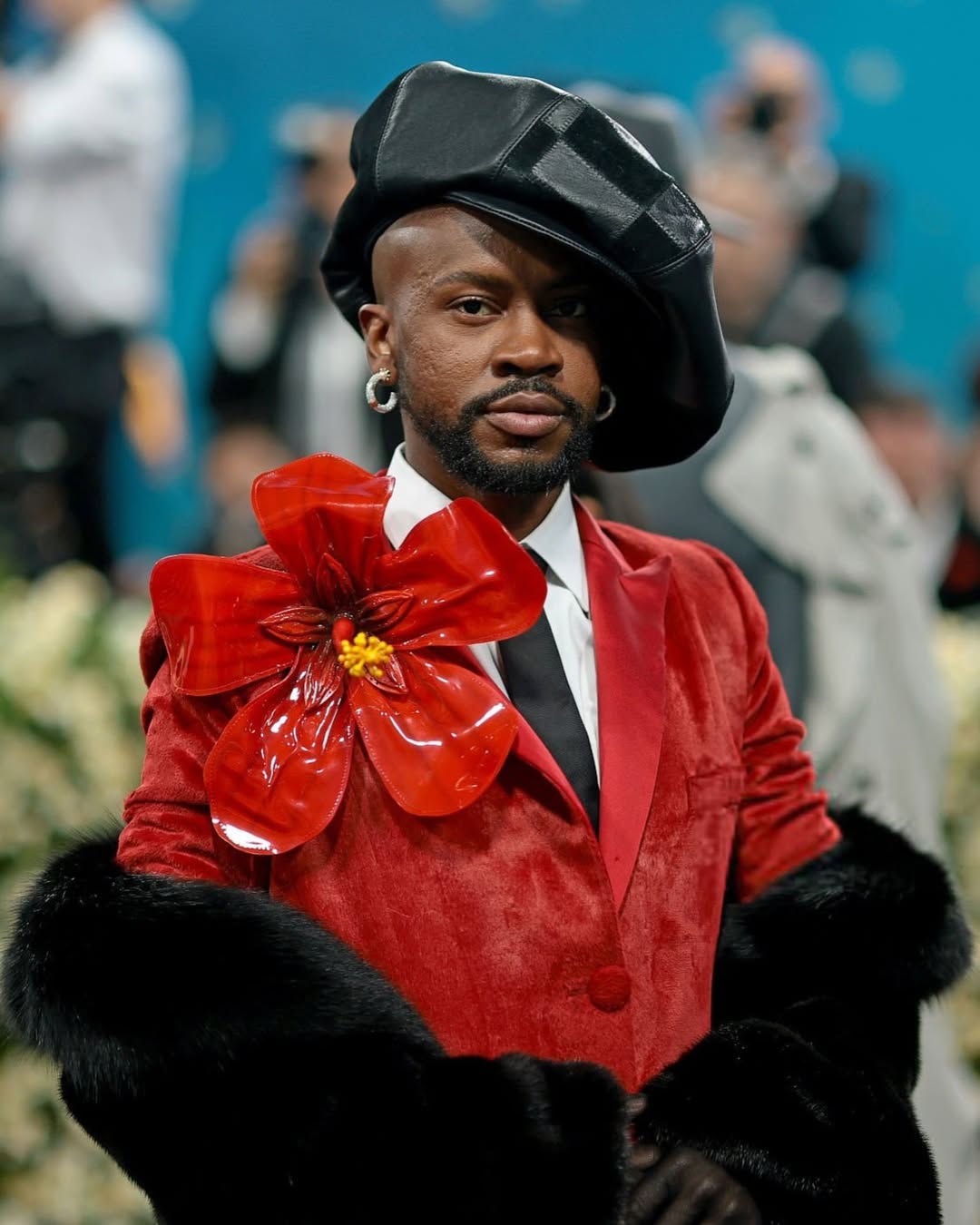
Jamaican-born designer Edvin Thompson, founder of Theophilio, has taken Caribbean pride to the global stage. Known for his vivid use of Jamaican colors and nostalgic silhouettes, Thompson calls his brand a “wearable autobiography.” His Bashment events in New York celebrate Caribbean identity, bringing together creatives, stylists, and industry insiders. In 2021, his CFDA American Emerging Designer Award win solidified what many already knew: diaspora stories are luxury’s next frontier.
The Diaspora as bridge and blueprint
What makes African and Caribbean diasporas powerful isn’t just their spending—it’s their cultural capital. They live at the intersection of multiple worlds, introducing Afro-Caribbean aesthetics to global audiences while championing their own. Digital platforms have only amplified this. Diaspora consumers are the pulse of trend cycles, setting the tone for what’s cool long before brands catch up. They are not only luxury’s newest market, but also its most dynamic storytellers.
Brands that want to resonate must move beyond token collaborations and engage deeply with diaspora culture. That means investing in local talent, building community partnerships, and tailoring digital strategies to mobile-first consumers who discover and shop through social media, video, and podcasts. Emerging African and Caribbean brands should, in turn, lean into their heritage, craftsmanship, and sustainability stories.


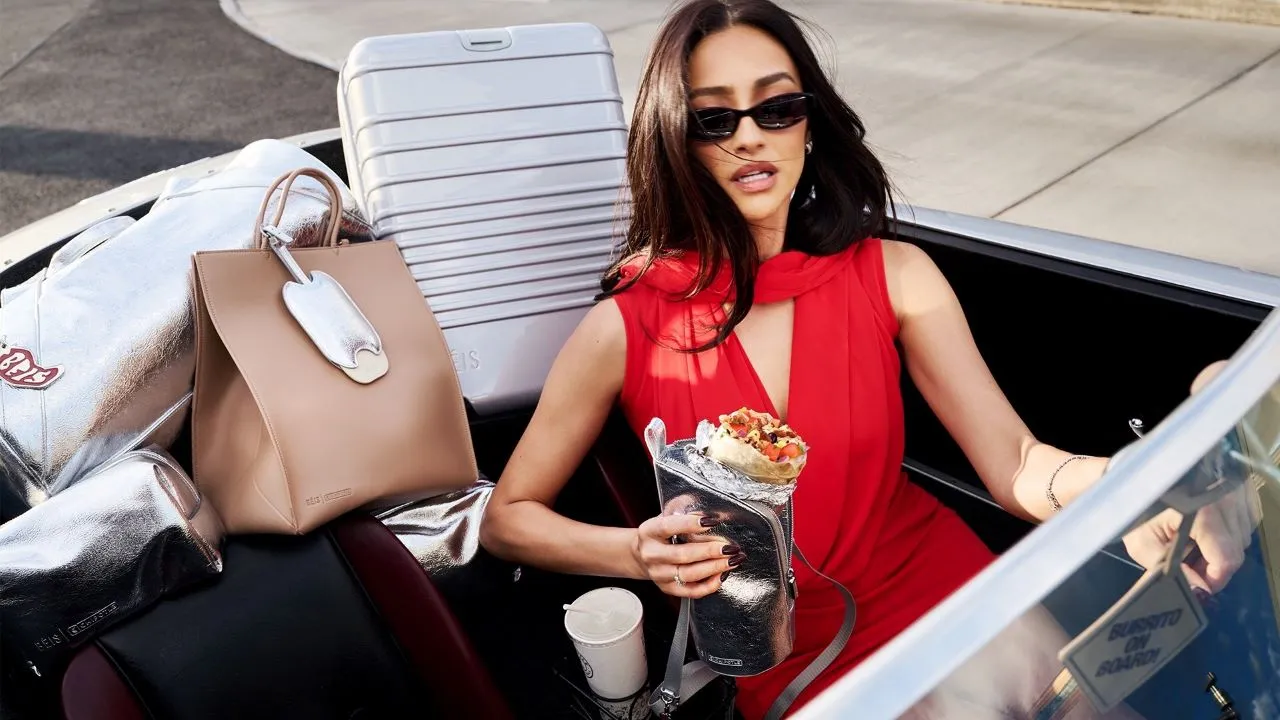



.svg)


.svg)
.svg)

